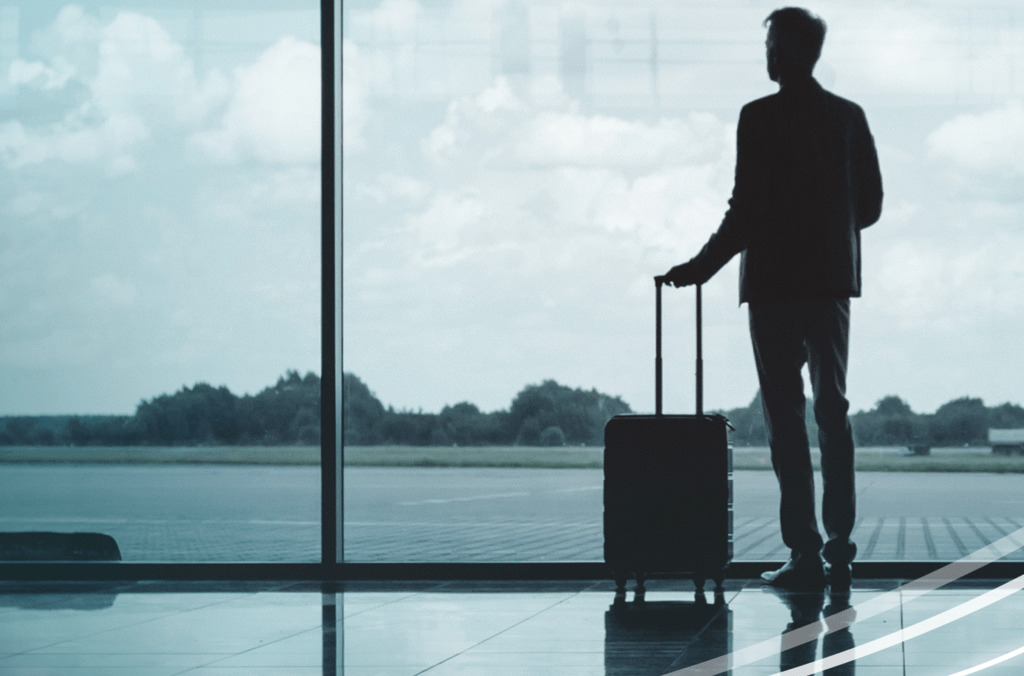Inmarsat Survey Gives Insight Into Air Passenger Confidence During Pandemic
Share

A survey commissioned by Inmarsat has gauged the attitudes of nearly 10,000 air travelers — and uncovered some surprising insights.
Inmarsat Aviation’s Passenger Confidence Tracker, one of the largest surveys of airline passengers since the COVID-19 pandemic began, surfaces the attitudes of 9,500 respondents from 12 countries toward the future of flying.
“One of our biggest goals as a business is to help airline customers stay one step ahead of the curve when it comes to passenger experience,” said Niels Steenstrup, Inmarsat’s senior vice-president of Inflight Business and Americas Market Capture. “COVID-19 reshaped the aviation industry almost overnight. There was very little data to lean on when it came to the impact of such an unexpected shift on passenger behavior. We felt this research was important to uncover the true impact of the virus on passenger habits, so that the industry is armed with the knowledge to adapt to changing customer needs and, eventually, come back stronger.”
Passenger Sentiment By the Numbers
A total of 34% of respondents have taken a commercial flight since the pandemic began, but only 26% of Hungarian respondents are comfortable getting on a plane today – and they were by far the most bullish. Amongst those who are least eager to fly at the moment are Germans (8%), Singaporeans (2%) and Spanish (1%). However, nearly half of respondents said they’d be comfortable flying within the next six months, and adding value to the plane ticket with ancillaries like free baggage checks and complimentary in-flight Wi-Fi would go a long way towards making this happen.
The study found that passengers are currently more fearful of catching the virus at their destination than on the plane. Many perceive a greater health risk in environments such as the gym and public transport.
However, 31% of respondents plan to fly less and 41% expect to travel less, period. The former was highest in Asia, where 58% of Indian respondents and 55% of South Korean respondents said they planned on curtailing their travel habits.
Reserve Your Spot for the Lavatory
According to the survey, passengers largely feeling confident about passport control, security and communicating with cabin crew, though 84% want staggered security queues.
The lavatory was a matter of concern for many respondents. “Using the toilet in flight is a particular point of concern for passengers today,” Steenstrup said. “Of the entire journey, it’s one of the key moments where people identified a lack of confidence with regards to the safety and health measures currently in place.” 80% of respondents from Brazil, South Korea and India would prefer some version of a toilet queue reservation app.
The biggest point of concern in the cabin is other passengers. “Passengers ranked their confidence in being around others at 5.3 out of a potential 10 – the lowest ranking score throughout the whole journey experience,” Steenstrup said. “By comparison, passengers ranked their confidence in communicating with cabin crew at 6.51.
The New Normal Will Be Different – and Digitized
60% of surveyed passengers feel satisfied with the aviation industry’s response to the challenges of COVID-19, yet 83% do not expect to return to their previous travel routines once the COVID-19 pandemic ends.
Almost half of passengers say that an airline’s reputation is now a more significant factor in booking than it was pre-pandemic. It’s now vital for airlines to differentiate and gain a competitive edge, but first they must discover what those edges can be.
“With safety and reputation becoming even more important to today’s flyers, there is a clear need for airlines to differentiate themselves in order to encourage passengers back onto their flights,” said Inmarsat Aviation president Philip Balaam. “Digitalization lies at the heart of both; minimizing critical touchpoints in the passenger journey to improve confidence, all the while keeping passengers connected and entertained.”


